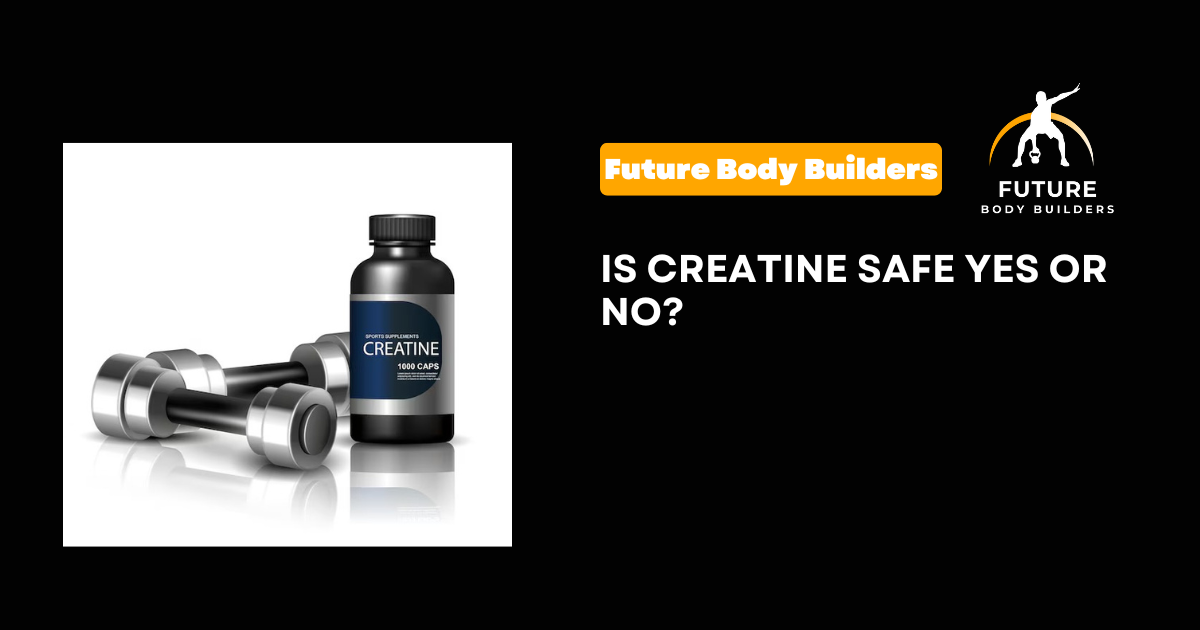Is Creatine Safe Yes or No?


Creatine is one of the most popular supplements in the fitness industry. It enhances muscle strength, improves performance, and speeds up recovery. But is creatine safe? The short answer is yes but when used correctly. However, misconceptions exist, and some people worry about potential side effects.
In this article, we’ll break down what creatine does, its benefits, potential risks, and how to use it safely.
Are you interested in getting more personalized fitness and gym tips? You can book a free customized fitness consultation with us.
Creatine is a naturally occurring compound found in muscle cells. It plays a crucial role in energy production during high-intensity workouts. The body produces creatine from amino acids, but it can also be obtained from foods like red meat and fish or through supplementation.
Creatine helps regenerate adenosine triphosphate (ATP), the body’s main energy source. During intense exercise, ATP depletes quickly. Creatine boosts ATP production, allowing muscles to work harder and recover faster. This leads to:
Creatine is one of the most researched supplements in the world. Studies show it is safe for long-term use in healthy individuals. Research has also debunked myths about creatine causing kidney damage or dehydration.
Some people worry that creatine may harm kidney or liver function. However, studies on healthy individuals show no negative effects, even with prolonged use. If you have pre-existing kidney conditions, consult a doctor before using creatine.
A common myth is that creatine causes dehydration or muscle cramps. In reality, creatine increases intramuscular water retention, helping with hydration and performance.
Creatine is not a stimulant and does not cause dependency. Unlike caffeine or pre-workouts, stopping creatine does not lead to withdrawal symptoms. However, stopping may result in slight performance declines as stored creatine levels decrease.
Creatine is generally safe, but some individuals may experience mild side effects, such as:
To maximize benefits and avoid side effects, follow these guidelines:
The loading phase helps saturate muscles quickly, but it’s not mandatory. You can take 3-5g daily from the start and still see benefits.
Since creatine increases water retention in muscles, drink enough water to stay hydrated and prevent bloating.
For best results, take creatine daily, even on rest days. You can mix it with water, juice, or a post-workout shake.
Creatine benefits a wide range of individuals, including:
Creatine is safe for most people, but those with pre-existing kidney disease should consult a doctor before use. Pregnant or breastfeeding women should also seek medical advice.
Creatine is a safe and effective supplement for muscle growth, strength, and recovery. It is not harmful to the kidneys or liver in healthy individuals. Following the right dosage and staying hydrated can help maximize benefits while minimizing side effects.
Want more fitness and supplement guides? Check out our various platforms for expert insights.